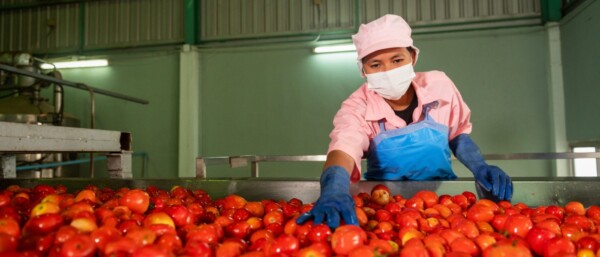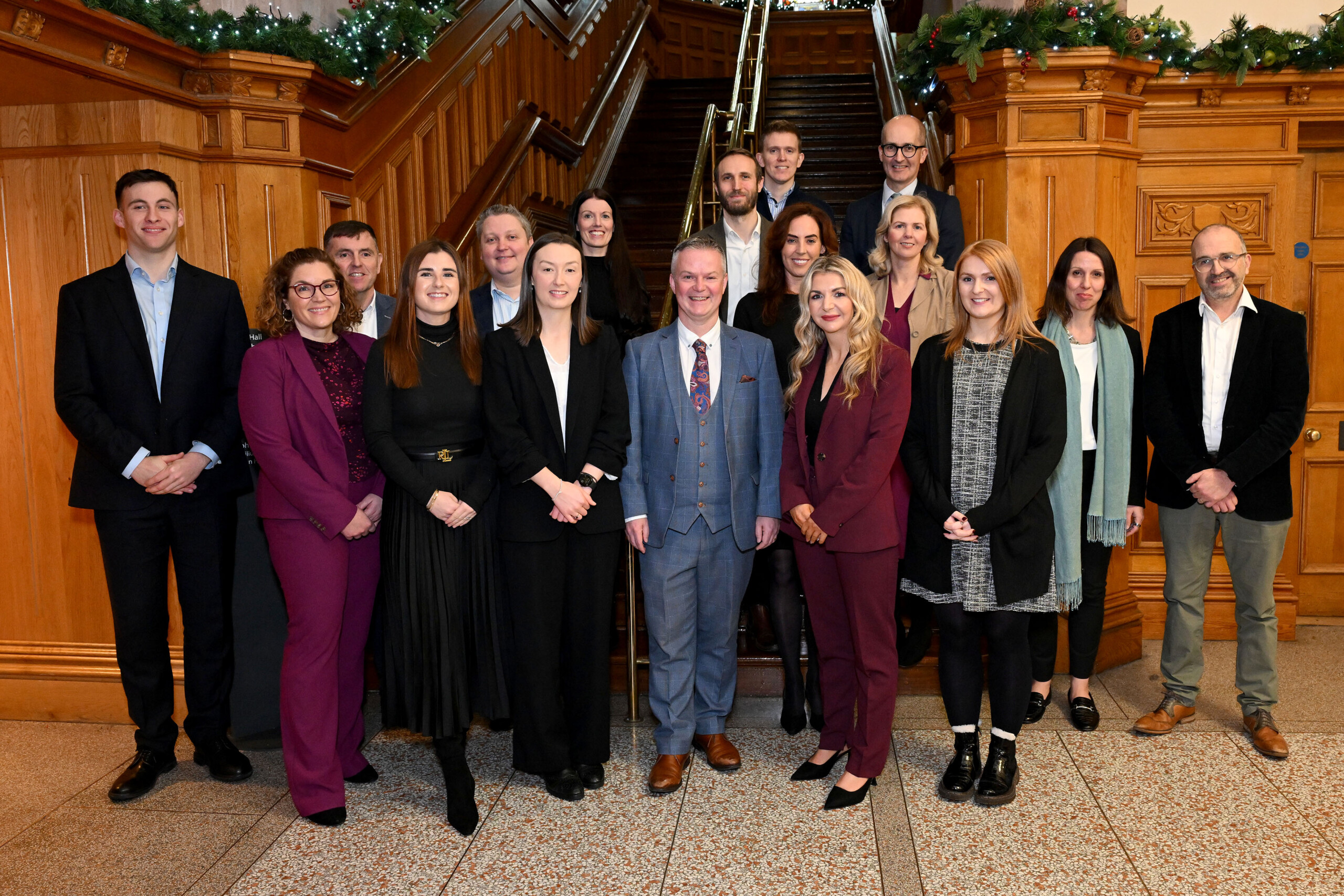
Two years on: Progress and impact of the Philippines’ Sector Skills Council for Fruits and Vegetable Processing
In 2021, a new initiative was launched in the Philippines to strengthen workforce development across key industries by providing targeted support to several Sector Skills Councils (SSCs). This project, funded by the Department of Foreign Affairs and Trade of Australia and sponsored by the Philippine Business for Education, was delivered with technical support from People 1st International. While the project supported established SSCs such as the Analytics Association and the Semiconductors Association, the SSC for Fruits and Vegetable Processing was unique as it was newly formed and still in its early stages of development. Our role was to help build the SSC’s capacity, helping it become a sustainable and effective contributor to workforce skills development, promoting collaboration among employers in the sector.
Recently, we reconnected with the Fruits and Vegetable Processing SSC to learn about their progress. What we found was a journey of growth and resilience, driven by the training and support provided during the project. Here’s a look at how the capacity-building efforts have shaped the SSC’s development and the key milestones they have achieved in its journey toward sustainability.
Laying the groundwork
The SSC for Fruits and Vegetable Processing was initiated by the Philippine Chamber of Commerce and Industry (PCCI) as a development project aimed at addressing workforce challenges and improving the sector’s long-term sustainability.
Through our involvement, the SSC’s members and the secretariat were equipped with the tools and knowledge necessary to manage the council effectively. Valuable technical insights from more developed regions, particularly in Europe, played a key role in shaping the SSC’s approach to organisational management. The sessions included creating a clear mission and vision to guide their work, identifying and exploring training opportunities for the sector and the creation of a sustainability plan and roadmap. This foundational support set the stage for the SSC’s future growth and development.
Capacity building
Our capacity building support helped the members understand their roles in the broader context of the sector and empowered them to contribute to strategic discussions that could drive change. The SSC experienced a significant increase in member participation and engagement, along with a deeper understanding of its objectives.
SSC members, who were originally active at the local level, began to engage in national-level policy planning and advocacy. They became more actively involved in high-level consultations with the government and started advocating for the sector’s agenda within their local communities by organising initiatives such as trade fairs and technology forums.
The SSC also completed a comprehensive Labor Market Intelligence (LMI) study, which provided critical insights into the sector’s workforce needs. The study was disseminated across the three main regions of the Philippines, facilitating public consultations and further enhancing the sector’s credibility and visibility.
Since the conclusion of the project, the SSC has continued to prioritise capacity building, including implementing a train the trainer programme. This has introduced SSC members to topics such as building job profiles, developing training plans, implementing training programmes and conducting assessments. Through this programme, SSC members were able to identify training gaps within their organisations and gain a comprehensive understanding of the learning and development process. Cascading this knowledge further to support sustainability, these activities have further strengthened the SSC’s ability to address workforce development needs within the sector.
journey toward sustainability.
Progress toward government recognition
A critical goal of the SSC’s development has been achieving formal recognition from the government through the Technical Education and Skills Development Authority (TESDA). While the recognition process has taken time, the SSC’s members have remained committed to advancing the sector’s goals and advocating for its development.
As the SSC moves closer to receiving official recognition, members are now better prepared to contribute to the government’s efforts to regulate and support workforce development in the sector.
journey toward sustainability.
Future focus
Looking ahead, the key priorities for the SSC include developing programme manuals and competency maps tailored to the sector’s needs, ensuring that industry standards and workforce training align with evolving demands. The SSC also aims to deepen its engagement with schools and industry stakeholders, developing collaborations that build capacity and address skills gaps. Recognising the importance of adaptability, the SSC is committed to ongoing capacity building to equip its members with the tools and expertise needed as their roles evolve and to drive sustainable growth in the sector.
We look forward to seeing how the SSC’s journey continues to unfold, including its progress toward government recognition – a milestone that will unlock new opportunities and resources to support its goals.



